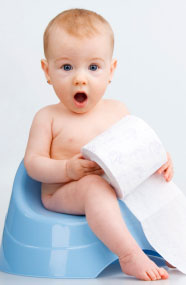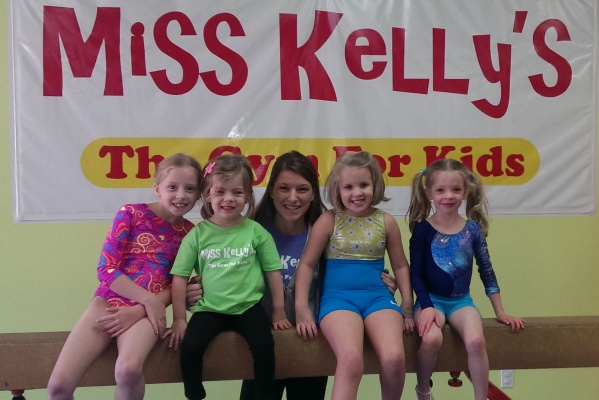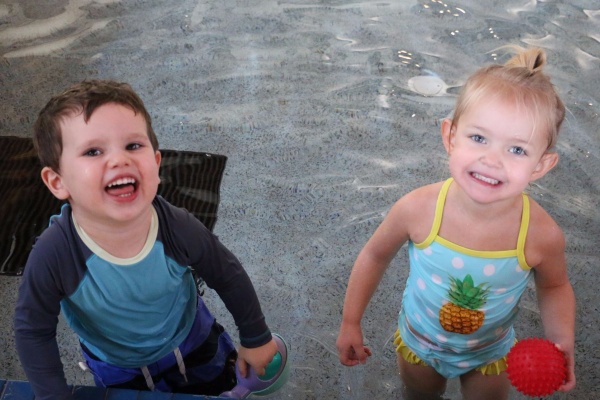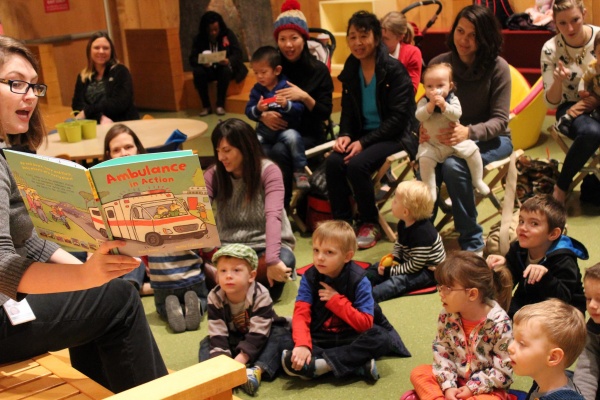
The Perils of the Potty
Potty training stands out as one of those parenting duties that  comes with more questions than answers: When? How? What’s normal? When should I worry? What if it's just not happening?
comes with more questions than answers: When? How? What’s normal? When should I worry? What if it's just not happening?
Dr. John Gleeson, a pediatrician with Esse Health’s O’Fallon Pediatrics, talked with SmartParenting about the potty training process. We learned so much we've renamed Dr. Gleeson "The Potty Whisperer." See if you agree.
SP. When should parents start thinking about potty training?
Dr. Gleeson: Different children are ready at different times. In general, many kids show some interest in potty training around 18 months of age. By age 2, most kids will be able to get the toileting routine down. Usually by 2 ½ or 3, they will be dry during the day and be dry through the night by age 4. Some children are not interested in potty training until 30 months. That is still normal.
Using the toilet is a big step in independence for toddlers. There are several factors contributing to toilet training readiness. Developmental/behavioral experts say that the child has to be physically mature enough to sit, walk, dress and undress. He or she must be able to understand instructions, and must have the internal motivation to use the toilet (be a “like a big kid”).
SP: Are there signs parents should look for that tell them when a child is ready?
Dr. Gleeson: In addition to the items mentioned above, here are some other signs that a child is ready for potty-training:
- You can tell when the child has to “go”
- She wakes up dry after naptime, or has two-hour or stretches of dryness during the day
- He follows simple instructions
- She is uncomfortable in diaper and/or tells you when she needs to be changed
SP: Are boys or girls harder to potty train?
Dr. Gleeson: Some say that girls catch on quicker than boys. There is no known reason for this observation. The child’s temperament and motivation probably play biggers role than gender itself.
SP: What can you do to prepare your child for potty training?
Dr. Gleeson: Talking about using the potty is always a good first step. The potty chair is also something that kids have to get used to before using. You can buy one and keep it in the house somewhere, not even necessarily in to bathroom. The child needs to be comfortable sitting on it, even if they are just sitting on it, fully clothed, playing a game.”
SP: When should parents “give up” or know that the child isn’t ready?
Dr. Gleeson: If your child is still having accidents or is losing interest in the potty process, it is not because he is unintelligent, stubborn, lazy, etc. If you are having problems, take a step back and take a break for a month (or more) until he shows interest in trying again. Every child is different and potty training is a gradual process with ups and downs.
It is important to positively reinforce the things your child is doing right with some sort or reward – preferably something like stickers, trips to the park, spending quality time together, rather than candy or other edible treats.
SP: At what age should parents be concerned if a child isn’t potty trained?
Dr. Gleeson: Just don't forget that each child is ready at his or her own pace. Don’t try to force potty training, because it won’t work. Most children will be ready by age 4. Some children can still have issues with nighttime accidents even into the school age or early teen years, particularly if there is a family history of that. Although this is less common, it is still normal. If you are concerned, bring this topic up with your pediatrician at the next well-child check. There are some things to try and medical treatments available for this issue.
SP: Are there any “nevers?”
Dr. Gleeson: I wouldn’t start potty training if there is a big social stressor in the family, i.e. a new baby, a recent or upcoming move to a new house, major illness, recent death, or other family issues. Children (and adults) are creatures of habit and if structure and consistency are taken out of the process, it is more likely to challenge both child and caregiver.”
SP: Can you provide some tips on potty training?
Dr. Gleeson: Set up a potty routine. Have your child sit on the potty each morning, before and after naps, and after meals. These are the most common times we have to “go” and will teach the child how to eliminate in the toilet rather in the diaper.
Positive reinforcement, as mentioned above, is crucial. Avoid punishment for accidents. Keep calm and be supportive of the child with constructive instructions like ‘Next time tell me before you have to use the potty.’
Try pull-ups/training pants when your child is progressing well. This will improve self-esteem and independence. It will give her the sense of being ‘grown up.’
By Michelle Cox, contributing writer for SmartParenting





















